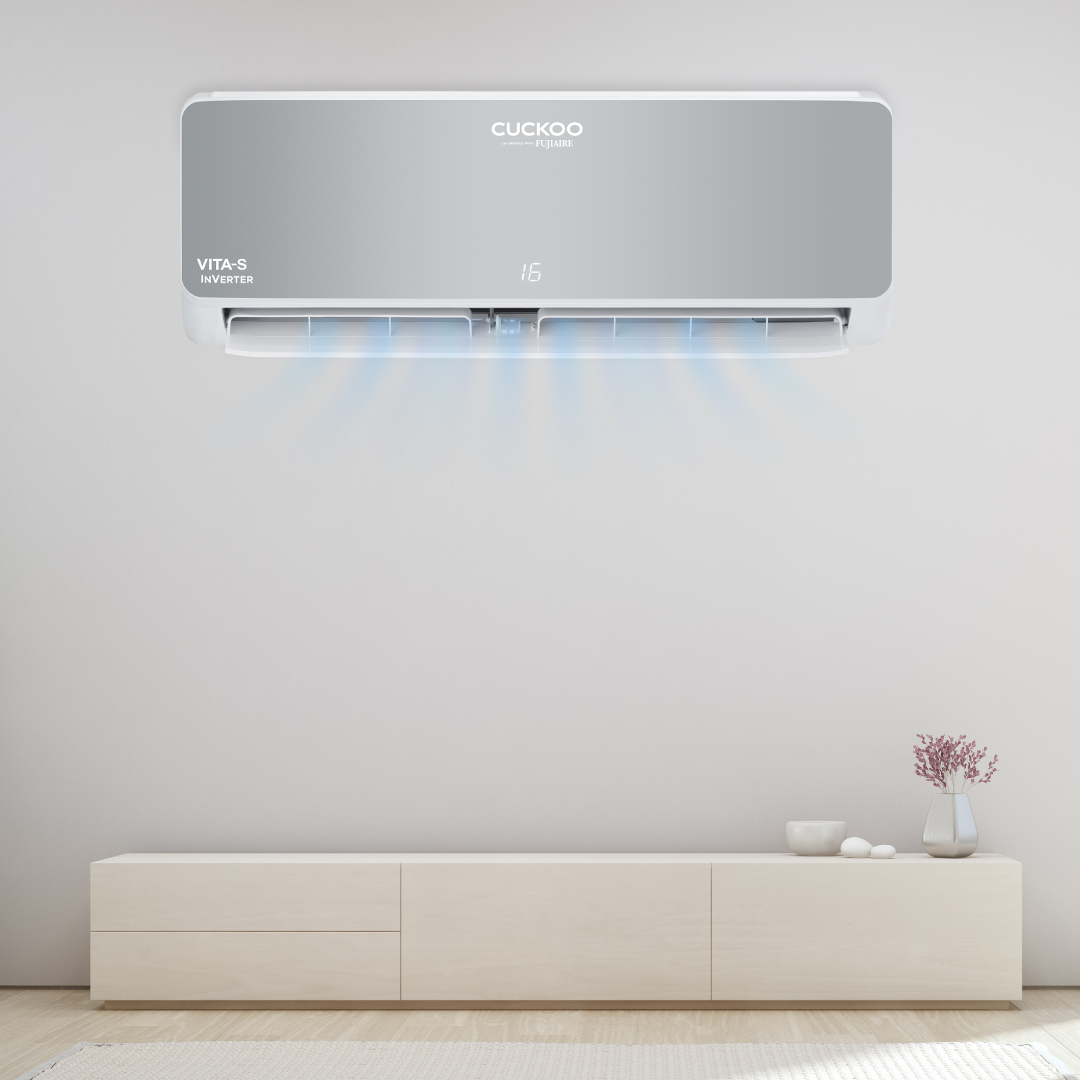What Happens If You Drink Unfiltered Tap Water: Dangers of Drinking Unfiltered Tap Water
Clean water is essential for human survival and well-being. Every cell, tissue, and organ in our body needs water to function properly. While we can technically survive for a few days without water, dehydration can quickly lead to fatigue, headaches, and even organ damage. But it isn’t enough just to drink tap water. The water we consume must be clean and free from contaminants, as drinking unfiltered tap water can pose serious health risks.

Benefits of Clean, Filtered Water:
Besides staying hydrated, clean water offers a multitude of benefits. It:
- Improves digestion: Water helps break down food and move waste through the digestive system, preventing constipation and bloating.
- Boosts energy levels: Dehydration can cause fatigue and tiredness. Drinking clean water ensures optimal hydration, leading to increased energy and alertness.
- Improves skin health: Water helps flush out toxins and keeps skin hydrated and supple.
- Aids in weight loss: Drinking water before meals can help you feel full, leading to reduced calorie intake and better weight management.
- Provides essential minerals: Clean water contains essential minerals like calcium, magnesium, and sodium, which are crucial for various bodily functions.

Types of Contaminants Found in Unfiltered Tap Water:
What happens when you drink unfiltered tap water? Unfortunately, tap water can be contaminated with various harmful substances, including:
- Heavy Metals: Lead, arsenic, radon, copper, and mercury are just a few examples of heavy metals that can leach into tap water through aging pipes and industrial pollution. These metals can cause serious health problems, including cancer, heart disease, and organ damage.
- Pesticides: Traces of pesticides used in agriculture can find their way into water sources and contaminate tap water. Pesticides can disrupt the endocrine system and lead to reproductive problems, birth defects, and certain cancers.
- Chlorine and Fluoride: While these chemicals are added to tap water for disinfection and dental health purposes, respectively, they can have adverse effects in excessive amounts. Chlorine can irritate the skin and eyes, and fluoride can cause dental fluorosis, a condition characterised by white spots on teeth.
- Microorganisms/Pathogens: This category includes bacteria, viruses, and protozoa that can contaminate water sources through various means, such as sewage leaks and agricultural runoff. These pathogens can cause a range of diseases, including:
- Cholera (bacterium): Severe diarrhoea and dehydration.
- Diarrhoea: Can lead to dehydration, electrolyte imbalance, and malnutrition.
- Dysentery (amoebic and bacillary): Bloody diarrhea, fever, and abdominal cramps.
- Hepatitis A (HAV): Liver inflammation, causing nausea, fatigue, and jaundice.
- Typhoid (salmonella): High fever, headache, fatigue, and abdominal pain.
- Polio (poliovirus): Can cause paralysis, especially in children

Risks of Drinking Unfiltered Tap Water:
Is unfiltered water bad for you? The health risks associated with drinking unfiltered tap water are significant, particularly for vulnerable groups such as children, pregnant women, and older adults. Unfiltered water side effects include:
Gastrointestinal illnesses: Contaminated water can cause various gastrointestinal issues like diarrhoea, vomiting, and stomach cramps.
Cancer: Exposure to heavy metals and certain chemicals in unfiltered water can increase the risk of developing cancer.
Heart disease: Heavy metals like lead can damage the cardiovascular system, increasing the risk of heart disease.
Organ damage: Lead, radon, and arsenic can damage vital organs like kidneys, liver, and brain.
Developmental problems: Children are especially susceptible to the harmful effects of contaminated water, which can lead to developmental delays and learning difficulties.
Increased mortality: In severe cases, waterborne diseases can be fatal, particularly for young children and individuals with weakened immune systems.

How to Ensure Safe Drinking?
Fortunately, there are several ways to ensure you and your family have access to clean drinking water:
- Home Test Kits: Utilising home water test kits can help identify the specific contaminants present in your tap water.
- Water Purifiers: Investing in a quality water purifier is the best way to remove contaminants from your tap water and ensure its safety.





















